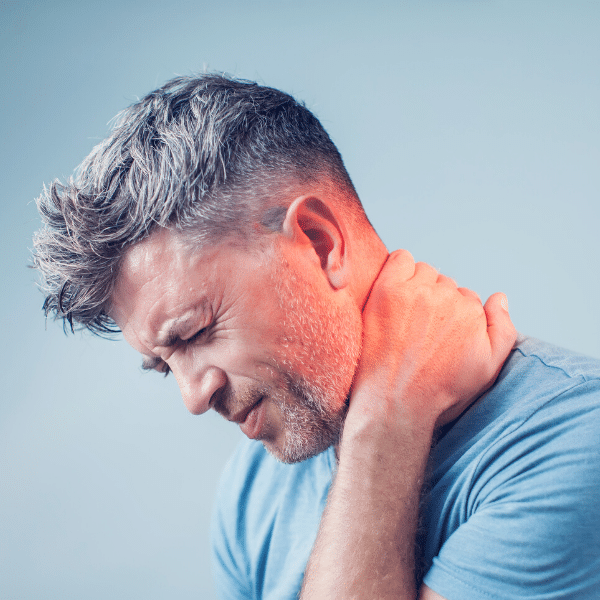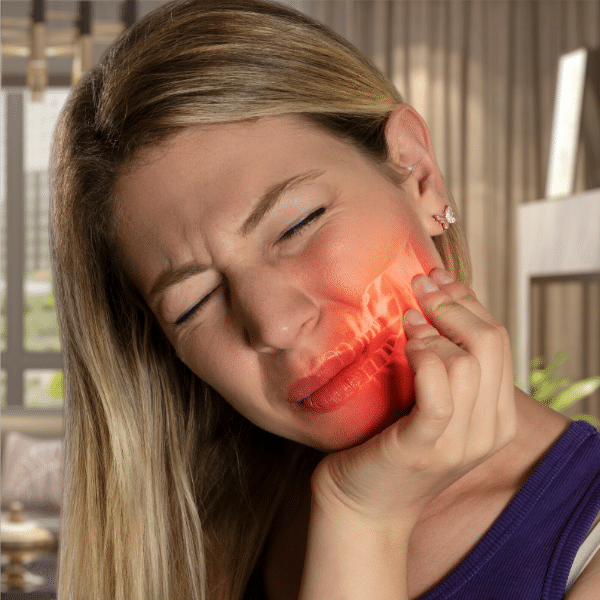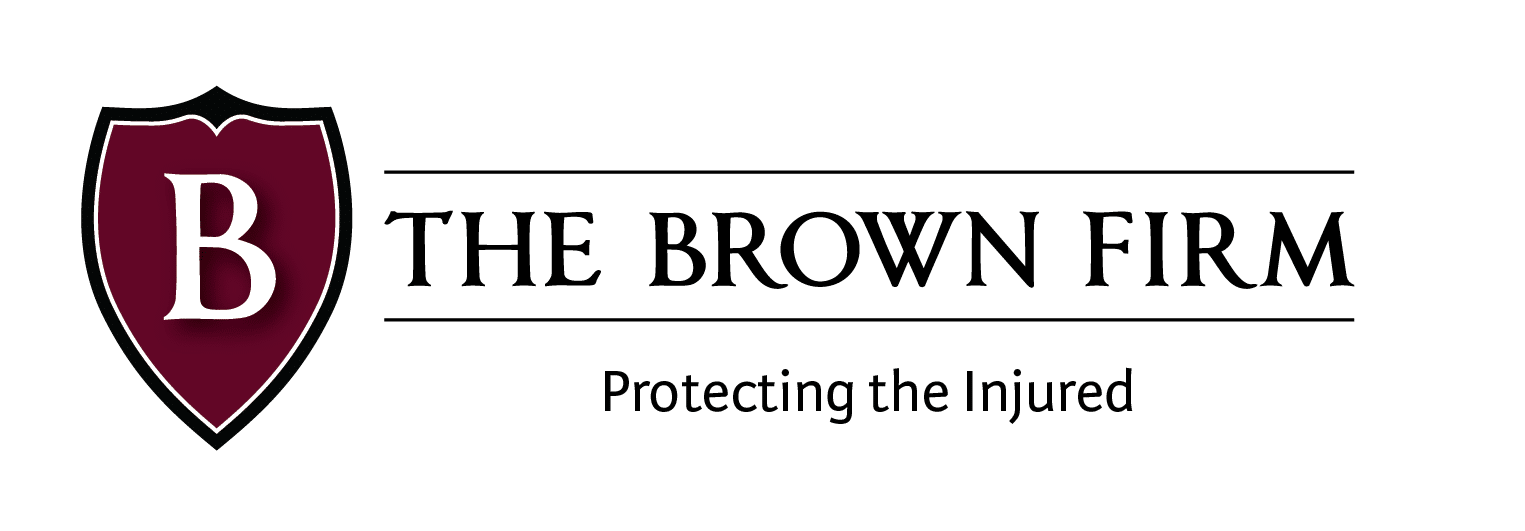How Do I Know If I Suffered Whiplash in an Auto Accident
From a technical standpoint, whiplash refers to a condition that occurs to the neck when the head violently and quickly snaps back and forward in rapid succession. The force stretches the structures of your neck beyond their normal range of motion, which results in a potential injury.
Whiplash is often a delayed symptom injury that transpires after many kinds of accidents, but it’s most common after a car accident, especially rear-end vehicle collisions.
Some people may find it surprising, but whiplash symptoms can appear after a minor accident, where the vehicles involved were driving at less than 14 miles per hour.
Many car accident victims experience whiplash, yet they don’t always seek medical attention right away. Since the symptoms of whiplash don’t always manifest immediately following vehicular accidents, it’s not uncommon that the victim may go for days without noticing any signs of the neck strain injury.
Related post: Is Georgia a no fault state auto insurance
Here’s what you need to be on the lookout for if you’ve been in a car accident.
I met with Harry Brown personally and he sat with me for 20 minutes at our initial consultation to explain everything. He even called after my surgery to see how I was doing. I met with him several more times after that and was kept informed about my case throughout. I highly recommend Harry Brown as an attorney.
Neck Pain or Stiffness
Neck pain or a stiff neck are common conditions that can happen at any time, but it’s also a classic sign of whiplash. It occurs after muscles, ligaments, and tendons are sprained or strained by the hyperextension of your head and neck.
The neck is made out of solid bony blocks known as vertebrae, which are joined by discs to give it strength and flexibility. The force from the car accident can jolt your vertebrae out of alignment or fracture them, resulting in sharp neck pain, dull muscular aches, or an inability to move your head fully.
The appearance of neck pain or stiffness may take several hours. In some cases, the pain first develops the day after the accident, but at that time, the level of discomfort may even be worse.


Arm and Hand Pain, Tingling, or Numbness
Another indication of whiplash injury is the loss of feeling in the arms and hands accompanied by a tingling sensation.
The loss of feeling is a result of damage to the neck or spinal column. Whiplash can cause pinched nerves or damage due to intense pressure, which can lead to tingling, weakness, and numbness emitting throughout the shoulder, arm, hand, or finger.
When left untreated, this problem can cause severe pain and potentially other complications.
Headaches
According to the International Medical Society of Paraplegia, a headache is a common occurrence for those with whiplash injuries, with 60% of patients experiencing headaches.
A whiplash headache is located at the base of the skull, and the intensity of the pain can vary. Most people experience a painful sensation on one side of the head and towards the back, while others feel pain all over their heads. There may also be people who experience a whiplash-related headache on the forehead or behind the eyes.

Tinnitus
A collaborative study between the Oregon Health and Science University and the U.S. Department of Veterans Affairs found that tinnitus is a common condition that occurs as a result of head and neck injuries like whiplash.
The jolt of the head creates a pressure wave and leads to post-concussive symptoms such as hearing loss, dizziness, and tinnitus. Tinnitus is a non-auditory noise that can appear in the form of ringing, buzzing, or whistling that nobody else can hear.
The constant ringing sound caused by tinnitus is generated by the damage to the inner ear in your accident. Severe tinnitus can impair your ability to concentrate, leading to confusion, depression, sleep disturbance, and more.
Jaw Stiffness and Soreness
Temporomandibular joints or TMJ are joints that connect the jawbone to the skull, which is critical in providing a person the ability to open and close the mouth. This motion helps in various actions such as speaking, eating, yawning, singing, and even making facial expressions.
In regards to car collisions, even if the force of the accident does not result in physical jaw injuries, it can dislocate the jaw joint or cause TMJ disorder.
TMJ can also create a clicking sound or grating sensation when you open your mouth or chew, making everyday activities such as eating, talking, or even moving your mouth more difficult and frustrating.
Whether your symptoms appear on this list or not, you should be evaluated by a medical professional immediately after your accident.
If you find yourself with whiplash or other injuries after a car accident, don’t let the medical bills pile up and overwhelm you. If someone else was at fault for the accident, you have the right to compensation.
Consult with a Car Accident Attorney from The Brown firm to help you get the compensation you deserve. Visit our website or contact us at 800-529-1441 for a Free Consultation to give you more insight into the nature of your case.
Ready to Talk to a Lawyer Who Has Your Back?
Our Recent Personal Injury Articles
Truck Accidents and “Negligent Maintenance”: Holding Companies Accountable for Unsafe Vehicles
A bus caught fire on Friday night at Ashford Dunwoody Road and I-285 West, causing delays during rush hour. The ramp was closed, and firefighters were able to put out...
Car Accident Lawsuits: What to Expect in Court
A bus caught fire on Friday night at Ashford Dunwoody Road and I-285 West, causing delays during rush hour. The ramp was closed, and firefighters were able to put out...
E-Bikes and Accidents: New Risks and Legal Considerations
A bus caught fire on Friday night at Ashford Dunwoody Road and I-285 West, causing delays during rush hour. The ramp was closed, and firefighters were able to put out...
Using Telematics Data to Prove Driver Behavior
A bus caught fire on Friday night at Ashford Dunwoody Road and I-285 West, causing delays during rush hour. The ramp was closed, and firefighters were able to put out...
Why Teenagers are the Most Dangerous Drivers on the Road
A bus caught fire on Friday night at Ashford Dunwoody Road and I-285 West, causing delays during rush hour. The ramp was closed, and firefighters were able to put out...
Slip and Fall Accidents in Retail Stores: Who’s Liable?
A bus caught fire on Friday night at Ashford Dunwoody Road and I-285 West, causing delays during rush hour. The ramp was closed, and firefighters were able to put out...
Bicycle Accidents: A Growing Concern for Urban Cyclists
A bus caught fire on Friday night at Ashford Dunwoody Road and I-285 West, causing delays during rush hour. The ramp was closed, and firefighters were able to put out...
Understanding Nursing Home Abuse: Signs, Symptoms, and Solutions
A bus caught fire on Friday night at Ashford Dunwoody Road and I-285 West, causing delays during rush hour. The ramp was closed, and firefighters were able to put out...
Slip and Fall Accidents in Hotels: Establishing Liability
A bus caught fire on Friday night at Ashford Dunwoody Road and I-285 West, causing delays during rush hour. The ramp was closed, and firefighters were able to put out...
Types of Nursing Home Abuse: Physical, Emotional, and Financial
A bus caught fire on Friday night at Ashford Dunwoody Road and I-285 West, causing delays during rush hour. The ramp was closed, and firefighters were able to put out...
Contact The Brown Firm
Get the Answers and Compensation You Deserve
You’ll notice the difference when you contact The Brown Firm! Our local dedicated attorneys want to help you recover and rebuild.
Schedule your free consultation by calling (800) 529-1441 or completing our simple online form.

